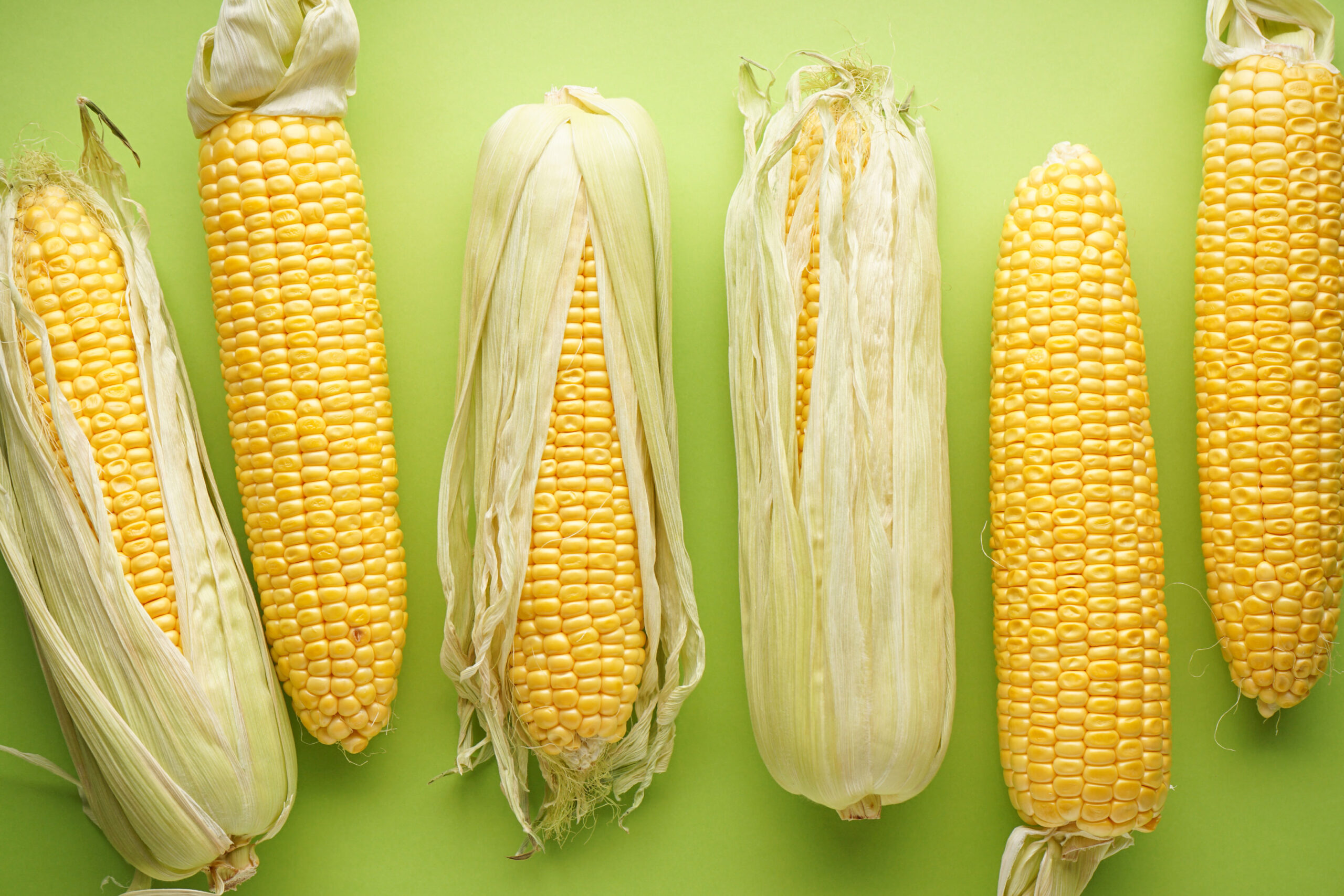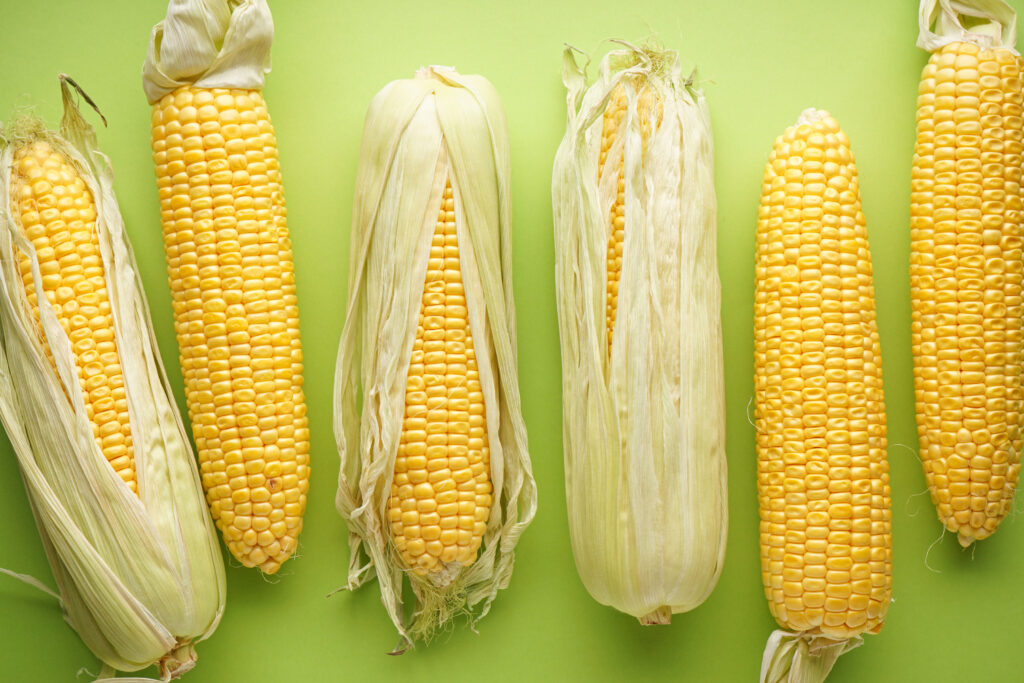
Image: Adobe Stock
One of the pillars of the International Corn Alliance (Maizall) is to work technically with data and scientific information to clarify European Union countries about the use of biotechnology and Maximum Residue Limits (MRLs). To discuss the matter, representatives from Maizall (of which Abramilho is part), the Asociación Maíz y Sorgo Argentino (Maizar), the US Grains Council and the National Corn Growers Association of the United States – were gathered at the 1st Abramilho Congress, in the panel “Biotechnology: can the world feed itself without it?”.
The president of Maizall Federico Zerboni said that in March 2023, the entity went on a mission to the European Union, where it held meetings with representatives from the World Trade Organization (WTO), the European parliament and rural producers. Federico Zerboni highlighted that, despite the European Ecological Pact and Farm to Fork guidelines, producers in the region are interested in using biotechnology and more modern agricultural practices, but face the dilemma of losing government subsidies.
{module Form RD}
Abramilho director, Bernhard Kiep, warned of the risk of a significant increase in production costs for Brazilian corn farmers due to the possible suspension of the use of molecules already approved within Maizall member countries.
Furthermore, Brazil faces two pieces of legislation that will serve as barriers for Brazilian products in the European Union: Deforestation Due Diligence and the Carbon Footprint at the Border.
Deforestation Due Diligence establishes mitigation measures for the entry of products from deforested areas. Countries will be classified according to their risk of deforestation: low, standard or high. This classification will determine the percentage of cargo that will be inspected upon entering the European bloc, with 1% for low risk, 3% for medium risk and 9% for high risk of deforestation. Products such as soybeans, cattle, cocoa, coffee, timber, rubber and palm oil are subject to this regulation, and although corn was initially included on the list, it was later removed.
As for the carbon footprint policy at the border, also known as the Carbon Border Adjustment Mechanism (CBAM), its objective is to combat so-called “carbon leakage emissions”, which occur when industries transfer their production outside the European Union. to avoid stricter climate regulations. It is worth emphasizing that CBAM does not cover agricultural products, with the exception of fertilizers. The EU plans to roll out CBAM in phases, starting with a monitoring scheme in 2023, followed by a period of testing and gradual implementation from 2026.
Bernhard concluded by saying that these issues require Maizall's unity to be overcome. “We are working to show that these regulations are unworkable. Ideally, common sense would prevail, giving Maizall members reason. We already have all the technical arguments, but we also need to work with civil society so that they understand our reality. If we don’t do this, the world could go hungry”, concluded the director of Abramilho.
Source: Notícias Agrícolas













